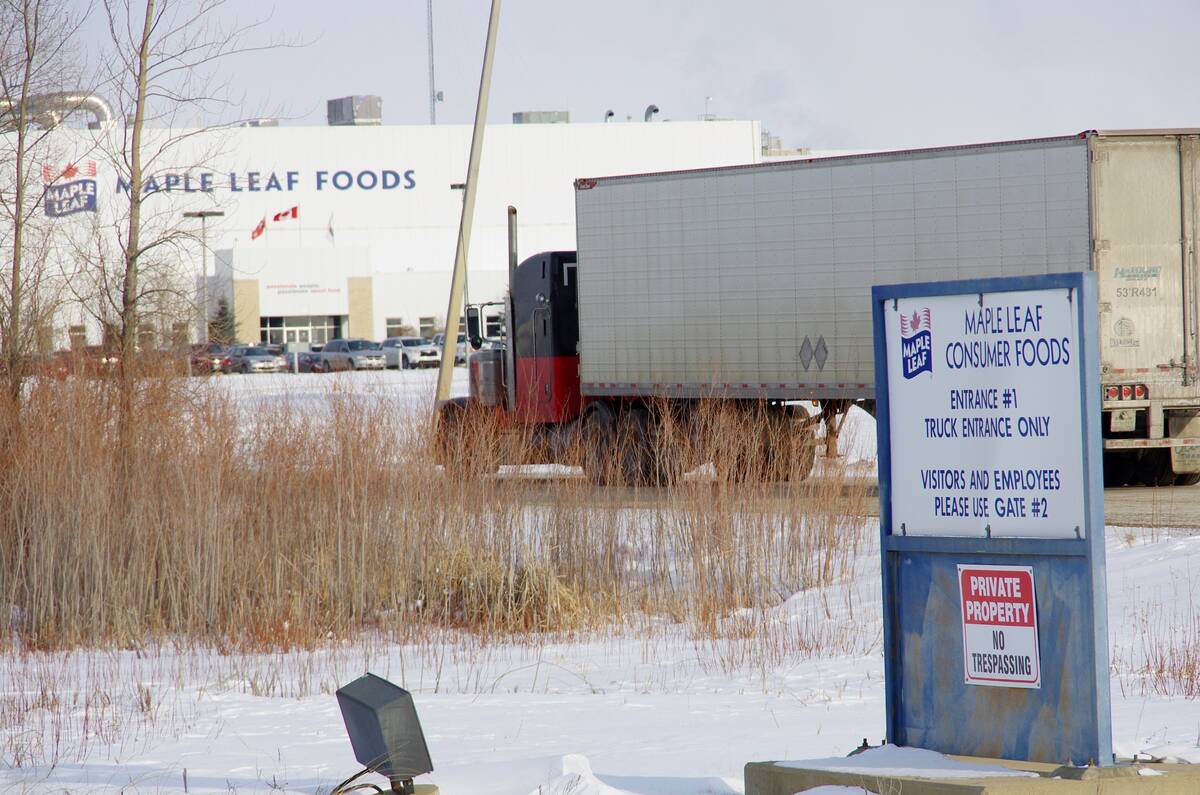The Saskatchewan arm of the federal Liberal party is coming to Ottawa this week to try to convince their government that rail deregulation is going too far too fast.
A resolution from a Regina-area Liberal riding association to the March 19-22 national Liberal Party convention, adopted by the Saskatchewan Liberal Association as a priority resolution, calls on Ottawa to declare an end to rail-line abandonment and track removal until a national transportation strategy has been developed by the government.
It suggests the government should be willing to consider spending money to maintain branch lines if, considering other costs that would flow from abandonment, “it would be economically feasible to maintain the rail line with appropriate equalization of the rail-line costs.”
Read Also

Manitoba pork exports gain new market ground
Manitoba’s pork trade pivoted from China over the last five years, while Japan is remains the largest customer and South Korea and Mexico market footholds have grown
Regina lawyer Kevin Clarke, a member of the federal Liberal policy committee for the province, said in a March 11 interview the resolution flows from rural shock about how quickly rail-line abandonment is happening.
“I would say the people at the meeting (which proposed the resolution) were surprised at the pace of abandonment,” he said. “There was a feeling that deregulation has gone too far too fast.”
Moratorium proposed
The proposal for a moratorium on abandonments has been promoted by opposition MPs in the House of Commons. Most suggest the railways be forbidden to abandon or rip up lines until the report of the Estey Commission on grain transportation is filed by the end of the year.
The Saskatchewan Liberal Association proposal goes further, suggesting that existing lines be retained at least until the government produces a national strategy that compares the costs and benefits of different transportation possibilities.
Clarke said Saskatchewan Liberals are not afraid to raise the spectre of what he called the ‘S’ word – subsidies.”
If rail abandonment puts more traffic on the roads or more farmers out of business, then there is a cost to the government. Perhaps keeping a branch line maintained and in operation, at least until short-line proposals are ready, might be the most cost-effective alternative.
“Once the steel has been lifted, the line isn’t coming back,” Clarke said.
Delegates to the Liberal convention also will be asked to approve a Saskatchewan proposal that the government make more of an effort to ensure that “agriculture input costs are reasonable and fair.”
Clarke said it could be through monitoring of chemical prices and using the federal competition bureau to ensure increases are justified.
The resolution also calls on the government to target more research funding to “projects designed to reduce the cost of agriculture inputs.”















